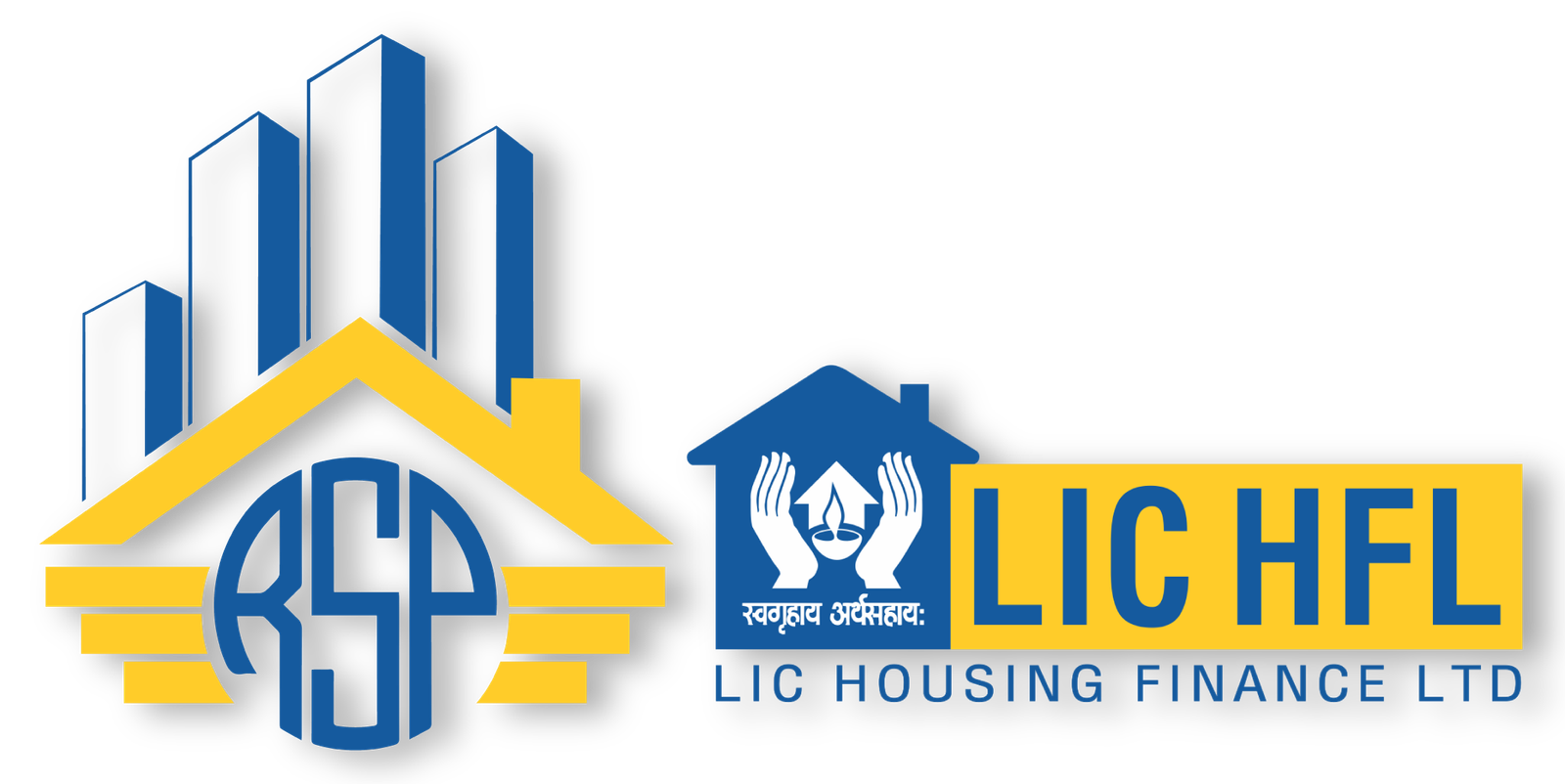Title Deed:
Title Deed, also known as a property deed or a land deed, is a legal document that proves ownership of a property or piece of land. It contains details such as the owner’s name, description of the property, and any conditions or restrictions related to its use. The Title Deed serves as evidence of ownership and is typically recorded with the relevant government authority, such as the land registry office, to establish a clear and legal ownership chain.
Parent Documents:
Parent documents refer to any previous documents related to the property or land in question. These documents may include previous Title Deeds, land surveys, sale agreements, or any other legal papers that provide a history of ownership and transactions involving the property. Reviewing parent documents is crucial to understand the property’s background, including any encumbrances, liens, or disputes that may affect its current ownership or use.
Plan Approval & Order Copy:
Plan approval and order copy are documents issued by the local government authority or municipality confirming that the construction plans for the property comply with relevant building codes, zoning regulations, and other applicable laws. Before beginning construction, property owners must submit their building plans for review and approval by the appropriate authorities. The approval process ensures that the proposed construction meets safety standards and environmental regulations, and it typically involves inspections at various stages of construction to ensure compliance.
Estimate:
An estimate is a detailed calculation of the expected costs associated with a construction project. It includes the costs of materials, labor, equipment, permits, and other expenses necessary to complete the project. Property owners or developers typically obtain estimates from contractors or construction professionals to understand the financial requirements of their project and to plan their budget accordingly. An accurate estimate is essential for avoiding cost overruns and ensuring that the project remains financially viable.
E.C. 1987 to till date:
E.C., or Encumbrance Certificate, is a legal document that provides information about any encumbrances or legal claims on a property, such as mortgages, liens, or easements. The E.C. is issued by the relevant government authority and serves as proof of the property’s title status and any existing liabilities associated with it. By reviewing the E.C., property buyers or lenders can verify that the property is free from any legal encumbrances that may affect its ownership or use.
Actual Plan:
The actual plan refers to the final construction drawings and specifications that detail the layout, dimensions, materials, and structural elements of the completed building or structure. It is based on the approved construction plans and serves as a blueprint for the contractors and builders to follow during the construction process. The actual plan provides precise instructions for implementing the design and ensures that the finished construction matches the intended specifications.





